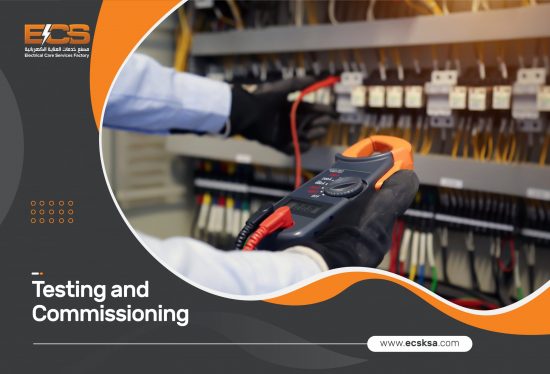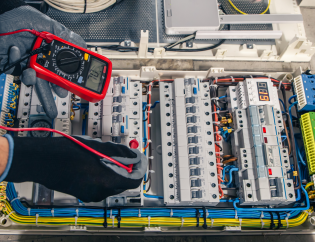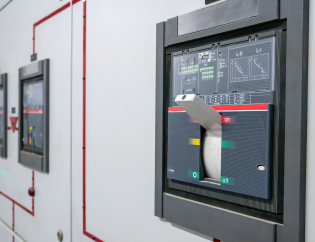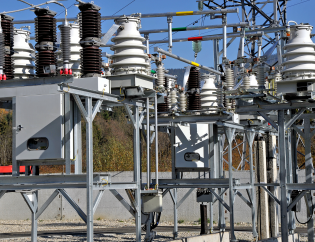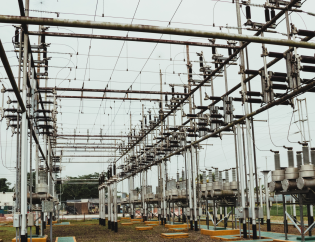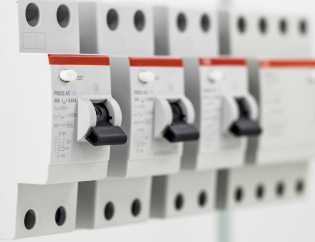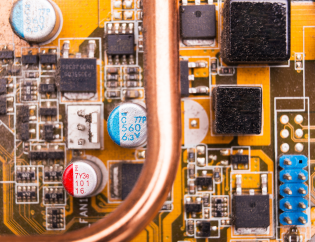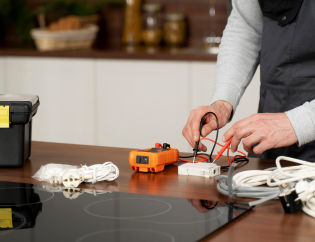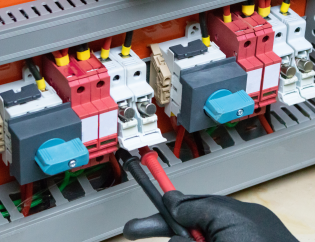What are the Types of Electrical Testing?
Several types of electrical testing are used to evaluate electrical systems and equipment performance and safety. Some of the most common types include:
- Continuity Testing: Tests the electrical connections and pathways to ensure they are properly connected and functioning.
- Insulation Resistance Testing: Tests the insulation of electrical equipment to determine its resistance to electrical current.
- Voltage Testing: Tests the electrical voltage levels to verify that they are within the specified range.
- Earth Continuity Testing: Tests the earth continuity of electrical equipment to ensure that it meets safety requirements.
- Functional Testing: Tests the operation and performance of electrical equipment to verify that it meets design specifications.
- Dielectric Testing: Tests the insulating properties of electrical equipment to determine its ability to withstand electrical stress.
- Ground Fault Testing: Test the electrical system for ground faults to ensure safety for equipment and personnel.
- Overload Testing: Tests the ability of electrical equipment to operate under increased load conditions.
These are just some of the types of electrical testing commonly used. The specific tests will depend on the type of electrical system, equipment, and intended use.
The Main Benefits of Commissioning and Testing
The main benefits of commissioning and testing in electrical systems include the following:
Improved Safety
Commissioning and testing help to identify and rectify any potential safety hazards in the electrical system, reducing the risk of accidents and injuries.
Increased Reliability
Commissioning and testing help ensure that the electrical system is functioning correctly and meets all design specifications, resulting in increased reliability and reduced equipment failure risk.
Improved Energy Efficiency
Commissioning and testing can help to identify and rectify inefficiencies in the electrical system, resulting in improved energy efficiency and reduced energy costs.
Compliance with Standards
Commissioning and testing help to ensure that the electrical system complies with all relevant standards and regulations, reducing the risk of penalties and legal liability.
Better System Performance
Commissioning and testing help optimize the electrical system’s performance, ensuring it operates at maximum efficiency and reliability.
Cost Savings
Commissioning and testing can help to identify potential problems early in the process, allowing for rectification before they escalate into more expensive repairs.
Increased Customer Satisfaction
Commissioning and testing help to ensure that the electrical system meets the needs and requirements of customers, resulting in increased customer satisfaction.
In summary, the commissioning and testing of electrical systems provide numerous benefits, including improved safety, reliability, performance, and cost savings, compliance with standards and increased customer satisfaction.
Conclusion
Testing and commissioning are crucial steps in the development of electrical systems. These processes help verify and ensure the system is built, installed, and functioning according to its design specifications and requirements. The electrical system can be evaluated for its performance, quality, safety, and reliability with various types of electrical testing, including continuity testing, insulation resistance, voltage testing, and more. The benefits of commissioning and testing in electrical systems include improved safety, increased reliability, improved energy efficiency, compliance with standards, better system performance, cost savings, and increased customer satisfaction.
In conclusion, commissioning and testing are essential to ensure electrical systems function optimally and safely, providing numerous benefits to users and stakeholders.
Upgrade the performance and safety of your electrical systems with ECSKSA. Our expert team provides comprehensive testing and commissioning services for optimal results. Contact us now for a consultation.
Do you have a question in your mind? If so, make sure to fill out the form below!

